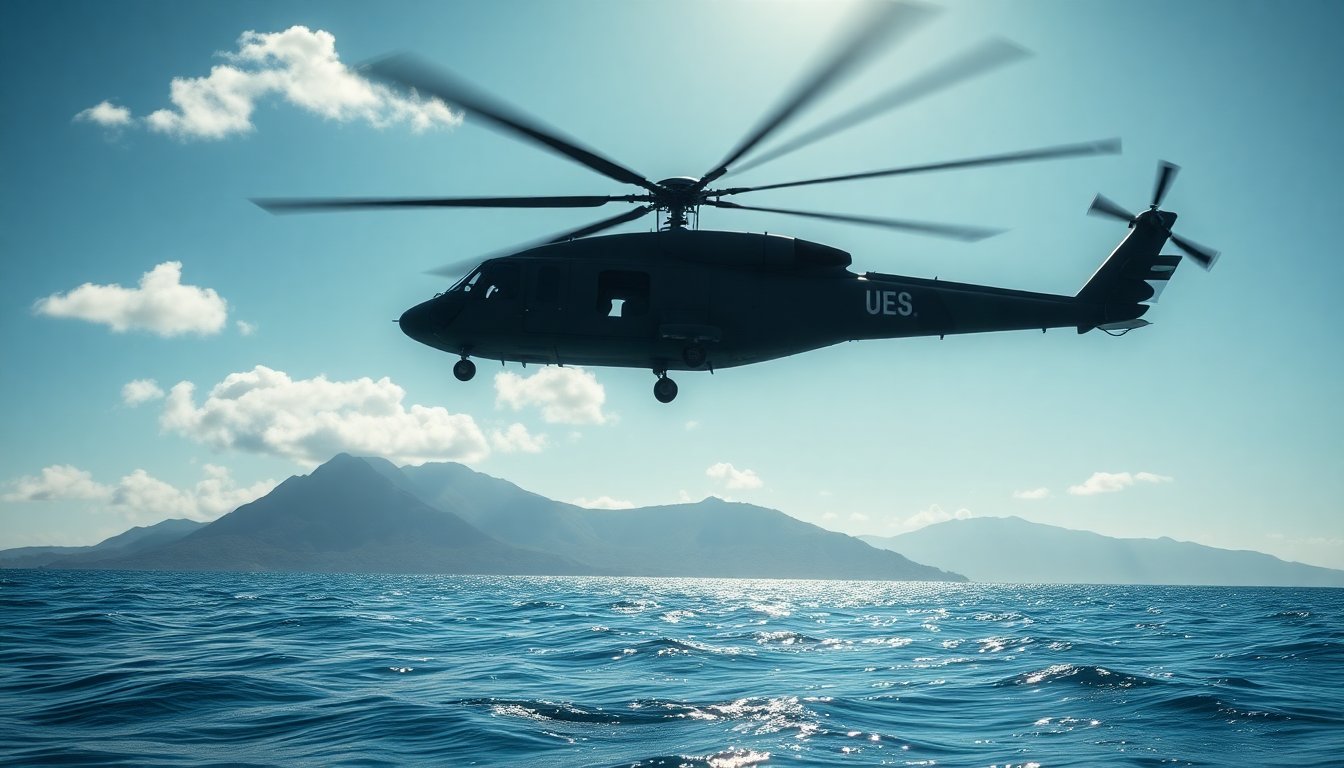Table of Contents
U.S. Special Operations helicopters have been reported operating within 90 miles of Venezuelan airspace. This move, analyzed by The Washington Post, indicates an increased military presence in the Caribbean amid Venezuela’s ongoing political and social turmoil.
Under the Trump administration’s authorization, the Central Intelligence Agency (CIA) has been cleared to conduct operations within Venezuela. This decision reflects a notable shift in U.S. foreign policy regarding the crisis in a country facing severe economic instability and political unrest.
Strategic implications of increased U.S. military presence
The deployment of Special Operations helicopters near Venezuela is a calculated effort to exert influence in a region marked by rising tensions. The U.S. has expressed concern over the implications of Venezuela’s destabilization, especially given its proximity to American shores.
With ongoing humanitarian challenges and a government increasingly hostile towards U.S. interests, the military presence serves several purposes. It acts as a demonstration of strength, signaling to both regional allies and adversaries that the U.S. is prepared to take proactive measures to protect its interests.
Covert operations and regional stability
The CIA’s involvement is crucial in shaping the operational context. Covert actions may include intelligence gathering and supporting opposition groups within Venezuela. The aim is to create a more favorable environment for potential regime change, aligning with U.S. strategic interests.
Additionally, these operations have implications beyond Venezuela. Neighboring countries may feel the effects of U.S. military strategies, prompting them to reevaluate their own security and foreign policies. The Caribbean, often viewed as a peaceful region, is increasingly becoming a focal point for geopolitical maneuvering.
Reactions from Venezuela and the international community
In response to heightened U.S. military activity, the Venezuelan government has condemned these actions as violations of national sovereignty. Officials in Caracas promote a narrative of resistance against what they perceive as U.S. imperialism.
International reactions are varied. Some countries in the region, particularly those aligned with the U.S., may perceive these actions as necessary to restore democracy in Venezuela. Conversely, nations supporting the Maduro government are likely to denounce U.S. involvement, framing it as an unwarranted intervention.
Future considerations for U.S. policy
Going forward, the U.S. faces a complex diplomatic landscape while pursuing its objectives in Venezuela. The success of military and covert operations will hinge not only on their effectiveness but also on managing international perceptions.
Any miscalculations could result in unintended consequences, including escalating conflict or retaliation from the Venezuelan government. Therefore, the U.S. must balance its military presence with diplomatic efforts to reduce tensions.
Under the Trump administration’s authorization, the Central Intelligence Agency (CIA) has been cleared to conduct operations within Venezuela. This decision reflects a notable shift in U.S. foreign policy regarding the crisis in a country facing severe economic instability and political unrest.0


